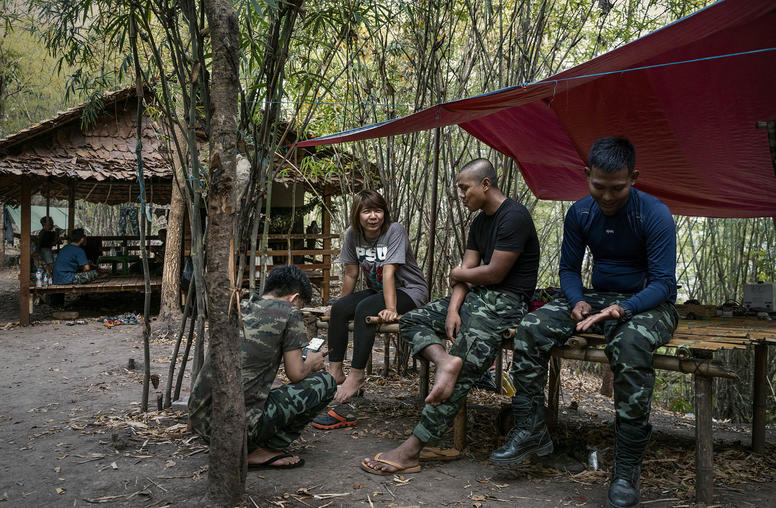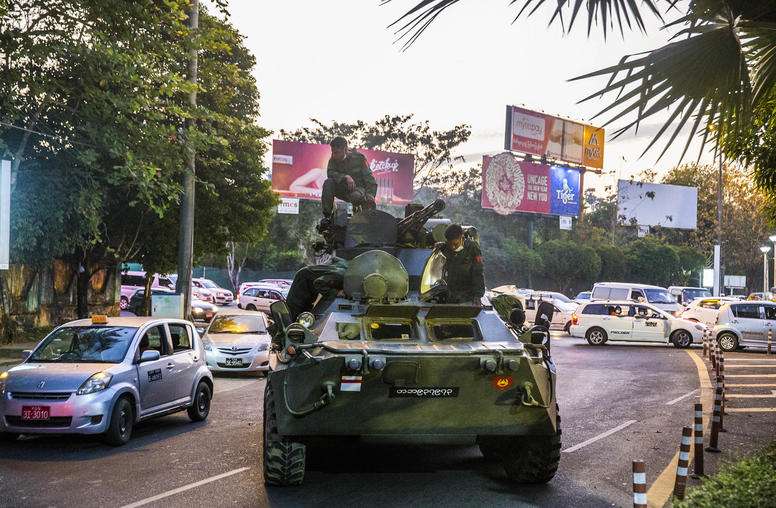China's Role in Myanmar's Internal Conflicts
USIP Senior Study Group Report Launch
As China becomes more assertive internationally, it has begun to encounter conflict and instability in fragile states worldwide. Nowhere is this truer than in Myanmar, where China is a key actor in the peace process and has come to the defense of the government over the Rohingya crisis in Rakhine State. Assessing China’s role in and perspectives toward Myanmar’s internal conflicts can offer important insights into conflict dynamics inside the country and help inform potential U.S. peace support policies.
For six months this year, USIP convened a group of 13 senior experts to examine China’s involvement in Myanmar’s internal conflicts—particularly those in Rakhine, Kachin, and Shan states—and peace process. On September 17, USIP hosted a discussion with the group’s co-chairs on the main findings of their report, which is the first in USIP’s China Senior Study Group series examining China’s influence on conflict dynamics around the world.
Join the conversation with #ChinaMyanmar.
Speakers
Nancy Lindborg, opening remarks
President, U.S. Institute of Peace
Ambassador Derek Mitchell
President, National Democratic Institute
Co-chair, USIP China-Myanmar Senior Study Group
Daniel Twining
President, International Republican Institute
Co-chair, USIP China-Myanmar Senior Study Group
David Steinberg
Distinguished Professor of Asian Studies Emeritus, Georgetown University
Member, USIP China-Myanmar Senior Study Group
Jennifer Staats, moderator
Director, East and Southeast Asia Programs, U.S. Institute of Peace
Executive Director, USIP China Senior Study Groups Series



